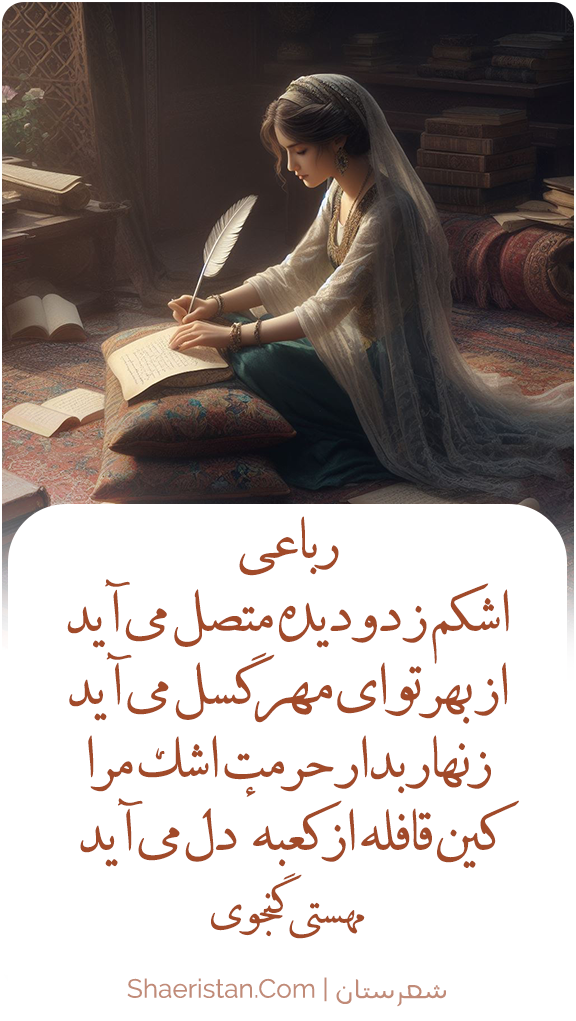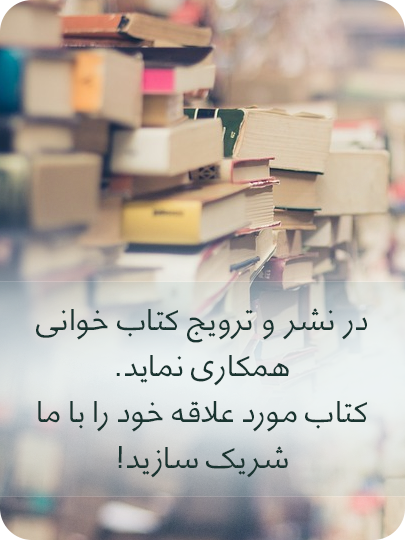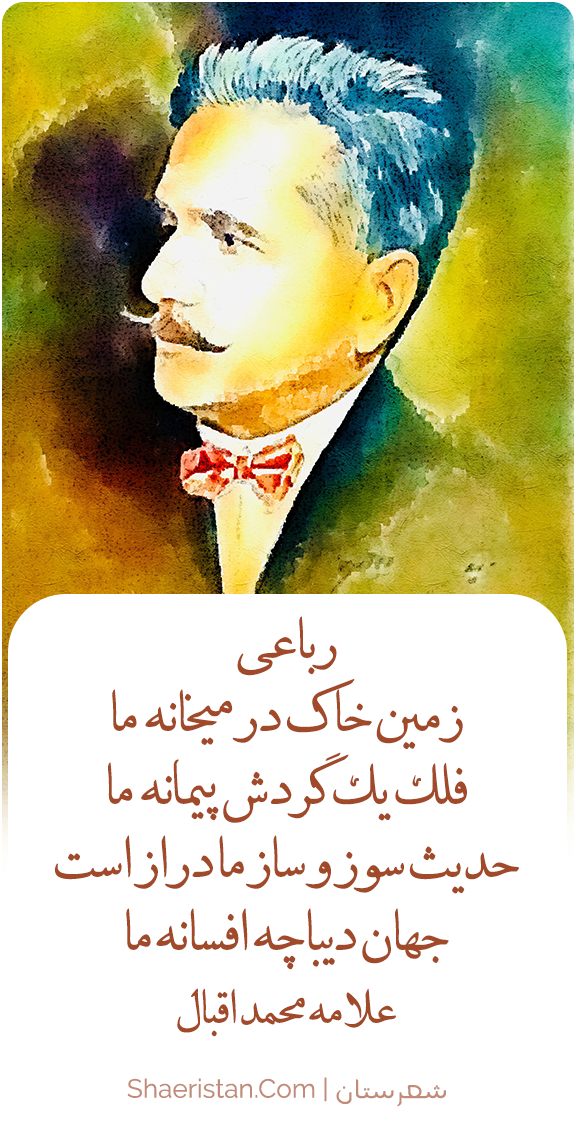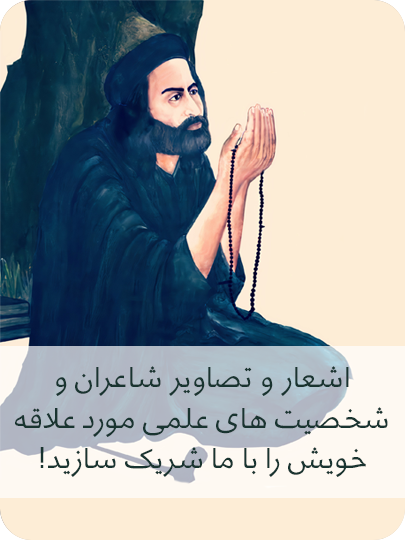Within people there is a longing and a desire such that, even if a hundred thousand worlds were theirs to own, still they would find no rest or comfort. They try every trade and craft, studying astronomy, medicine and every other subject, but they reach no completion, for they have not found their true desire. Poets call the Beloved “heart’s ease,” because there the heart finds ease. How can we find peace and rest in anything but the Beloved?
All these pleasures and pursuits are like a ladder. The rungs of a ladder are not a place to make one’s home; they are for passing by. Fortunate are those who learn this. The long road becomes short for them, and they do not waste their lives upon the steps.
Someone asked: “The Mongols have seized property by force, and from time to time they give this property back to us. This is a strange situation. Is it lawful to accept this property? What is your ruling?”
Rumi answered: Whatever the Mongols seize and give up returns into the grasp and treasury of God. For example, when you fill a jug or a barrel from the river and carry it away, that becomes your property. So long as it is in the jug or barrel, nobody has the right to interfere. Whoever takes the jug without permission is guilty of theft. But once they pour the water back into the river, it passes out of ownership and is lawful for anyone to take once again. So our property is unlawful to them, while their property is lawful to us since by their giving it up they have returned it to the treasury of God.
Someone said: “When the Mongols first came to these parts they were naked and bare. They rode on bullocks and their weapons were made of wood. Now they are sleek and well-fed, they have splendid Arab horses and carry fine arms.”
Rumi said: When they were desperate and weak and had no strength, God helped them and answered their prayer. Now, when they are so powerful and mighty, God is destroying them with the comforts of the feeblest, so they will realize it was through God’s bounty and support that they captured the world, and not by their own force and power.
They used to live in a wilderness, far from civilization, without means, poor, naked and needy. By chance, some of them came to trade in the territory of the Khvarizmshah. They began to buy and sell, purchasing muslin to clothe their bodies. The Khvarizmshah stopped them, ordering them to be put to death, and forcing payment from the rest of them. The Mongols went humbly before their king, saying, “They have killed us.” Their king asked for ten days, and then entered a deep cave where he fasted and humbled himself. On the tenth day a proclamation came from God, “I have accepted your supplication. Come forth! Wherever you go, you shall be victorious.” So it was. When they came forth, by God’s command they won the victory and captured the world.
Someone said: “The Mongols also believe in the resurrection and say that there will be a judgement.”
Rumi said: They lie, desiring to be accepted by Muslims. If they really believe in the resurrection, where is the evidence to prove it? The sins, wrongs and evils they commit are like snow and ice piled together as high as a mountain. When thoughts of the resurrection come to us, like the sun it melts those snows of sinfulness as the sun in the heaven melts anything hard. How can the summer sun come and leave the snow and ice of winter intact? Seeing their snow and ice piled heap upon heap is proof that the sun has not shone upon them.
Although God has promised that all good and evil will be rewarded justly on the last day, yet a sample of this comes to pass every moment and in every instant. If happiness enters into someone’s heart, that is his or her reward for making another happy. If they become sorrowful, it is because they have brought sorrow to another. These are gifts from the other world and tokens of that day of rewards, so that by these little things we may come to understand those great matters, just as a handful of corn is offered as a token of the whole heap.
The Prophet, for all his majesty and greatness, one night felt pain in his hand. It was revealed to him that this pain was the effect of a pain in the hands of ‘Abbas. For he had taken ‘Abbas captive and had bound his hands together with all the prisoners. Although the tying of his hands was done at God’s order, still the Prophet had to suffer.
These troubles and depressions that come to you are the effect of some injury and wrong you have committed. Even if you cannot remember in detail what you have done, still from the results you can know the deed. You may not remember whether it came from your own negligence or ignorance, or because others swayed you into wrongful action. But look at the results: how much did you fall from grace, or how much has your heart expanded? Certainly a fall from grace is the response of disobedience to God, and expansion of the heart is the reward of obedience. Why, the Prophet himself was rebuked because he turned a ring on his finger. He was told, “We did not create you for idleness and play.” From this decide for yourself whether your day is passed in obedience or disobedience.
Moses was occupied with the affairs of his people. Although he was at God’s command and completely served God, yet one side of him was occupied with humanity for the general good. Khadir was occupied with God completely; he hid himself from the sight of others. Mohammed was occupied at first wholly with God, then he was told, “Call the people. Counsel them and reform them.” Mohammed wept and lamented, saying, “Oh, my Lord, what sin have I committed? Why do you drive me from Your presence? I have no desire for this world.” God said to him, “Mohammed, do not despair, I will not abandon you. Even in the midst of others you shall be with Me. When you are occupied with people, not one hair of the head of this hour with Me, not one, will be taken from you. In whatever work you are engaged, you will be in very union with Me.”
Someone asked: “The eternal decrees that God has predestined, do they ever change?”
Rumi answered: How could God say, “Do evil to find good?” If someone sows wheat, can they gather barley? Or if they sow barley, will they gather wheat? That is impossible. All the saints and prophets have said that good is the reward of good, evil the reward of evil.
“And whoever does an atoms weight of good
shall see it,
And whoever does an atoms weight of evil
shall see it.”
Someone interjected: “But we see wicked people turn virtuous, and virtuous people turn wicked.”
Rumi answered: Well, those wicked men and women did some good, or thought good things, which brought them virtue. And those virtuous people did some evil act, or contemplated evil things, turning them wicked.
Someone asked: “What is the meaning of the saying, ‘Blessings upon the Prophet’?”
Rumi answered: It means that our acts of adoration, service and worship do not belong to us, they come from God. Just like the season of spring brings the planting of seeds, and jaunts into the wilderness. They are the gift and bounty of spring.
The people of this world see secondary causes and think they are the origin of everything. God’s saints see the actualities as they are created and come into being. Secondary causes are only a veil to occupy the common people.
God promised Zachariah, “I will give you a son.” Zachariah cried, “I am an old man, and my wife is old. My instrument of lust has become feeble, and my wife can no longer conceive. Lord, how can a son be born?”
The answer came, “Take heed Zachariah! You have lost the clue. I have shown you a hundred thousand times that actualities have no causes. This very moment, I could produce out of you a hundred thousand sons without a wife and without pregnancy. Indeed, if I make the sign, a whole people will come forth, completely formed and grown. Did I not bring you into being in the world of spirits without a mother or father? Why do you forget these things?”
The rank and substance of the prophets and saints and the many states of humanity can be set forth in a parable: Slaves are brought out of the heathen lands into the realm of Muslimdom, where they are sold. Some are brought at the age of five years, some are ten, and some are fifteen years old. Those who were brought as children, having been nurtured for many years amongst Muslims, completely forget their homeland. No trace of it remains in their memory. Those brought a little older remember a little. Those much older remember much more.
In the world beyond, all are in the Presence of God. The food and sustenance there is the speech of God, without letters and without sounds. Those who are brought into this world as children, when they hear that Speech, remember nothing of their former state and see themselves as strangers to that Speech. They are veiled from God, being wholly sunk in forgetfulness. Some remember a little bit, and the longing and yearning for the other side is quickened in them. They seek out Truth. They are the believers. Some, when they hear that Speech, the Presence of God becomes manifest before their eyes, even as it was long ago. The veils are entirely removed, and they are joined in that union. These are the prophets and the saints.
Now I say this to you earnestly, when the brides of heavenly truth show their faces within you and their secrets are revealed, beware, do not tell this to strangers. Do not describe what you have witnessed to others, and do not tell everyone these words of mine.
“Do not impart wisdom to those not worthy,
lest you do wisdom wrong.
And, do not withhold from the worthy,
lest you do them wrong.”
If a fair and adorable lover surrenders to you privately in your house, saying, “Show me to no one, for I belong to you,” it would never be proper for you to parade her in the bazaars and to call out, “Come and see this beauty!” That would never be agreeable to such an adorable one. She would be enraged against you.
God has made these words unlawful to some. Even so, dwellers in Hell cry out to the dwellers in Paradise, saying, “Where is your generosity and your humanity? Out of those gifts and bounties that God has given to you, out of charity and common kindness if you sprinkle just a little upon us, could that be so difficult? We are burning and melting in this fire. Out of those fruits, or out of those clear waters of Paradise, if you sprinkle a drop or two upon our souls, what would that be?”
The dwellers in Paradise answer, “God has forbidden that to you. The seed of this bliss came from our earlier deeds. Since you did not sow and cultivate with faith, sincerity and good works, what should you gather here? Even if out of generosity we should share with you, since it is not your reward it would burn your throats and stick in your gullets.”
A crowd of hypocrites and strangers came into the presence of Mohammed. They began to talk about mysteries and praised the Prophet. Mohammed turned to his companions and said, “Cover up your vessels.” He meant, “Conceal wisdom from strangers, and in their presence stop up your mouths and tongues, for they are mice and not worthy of this wisdom and grace.”
The Amir who has just left our company – though he did not understand in detail what we were saying, yet he realizes in general that we were calling him to God. I take the wagging of his head, his smile of affection and his flush of passion as a sign of his understanding. If people from the country come into the city and hear the call to prayer, though they do not know in detail the meaning of the call, still they understand its purpose.






